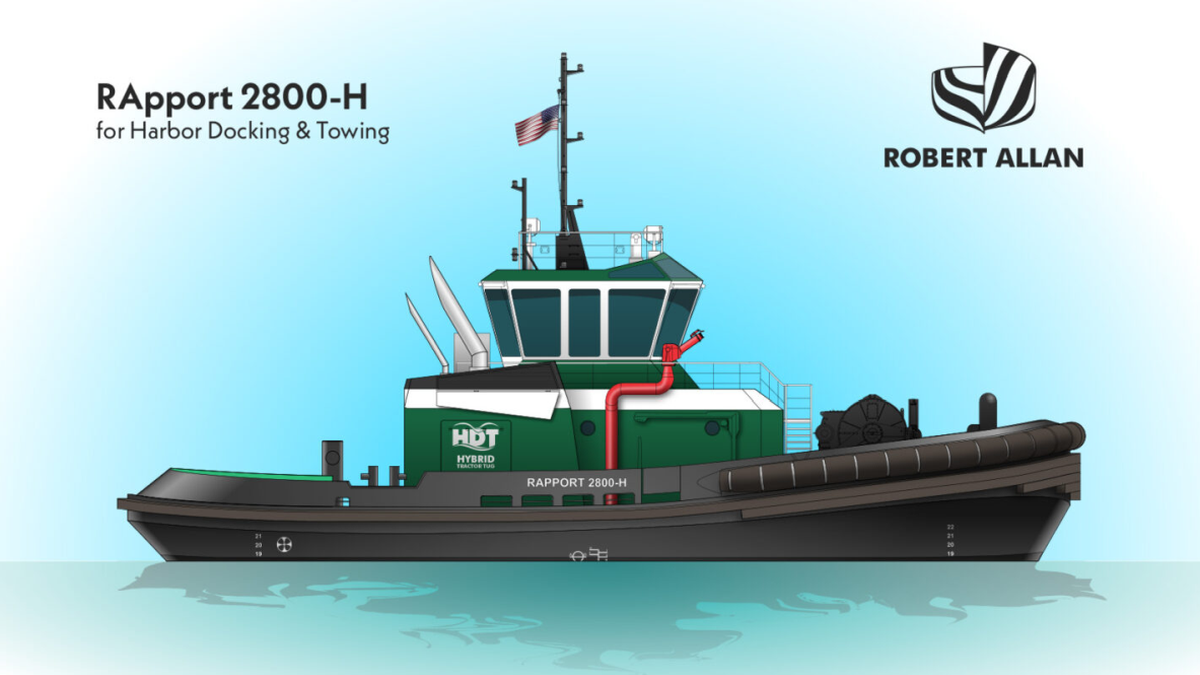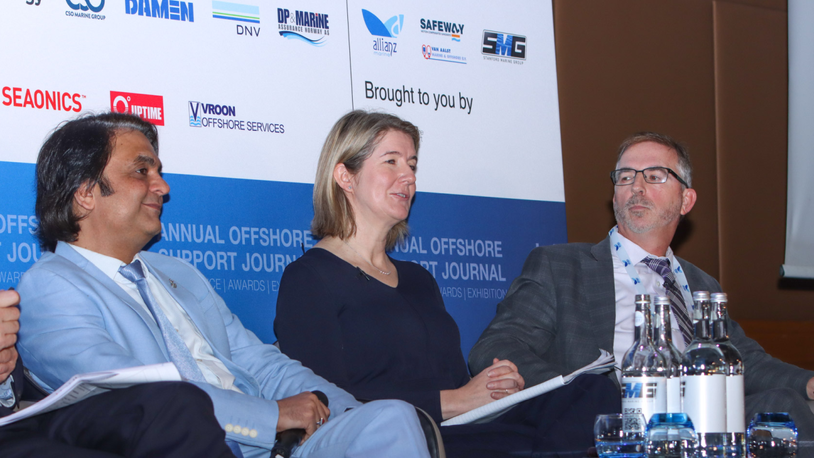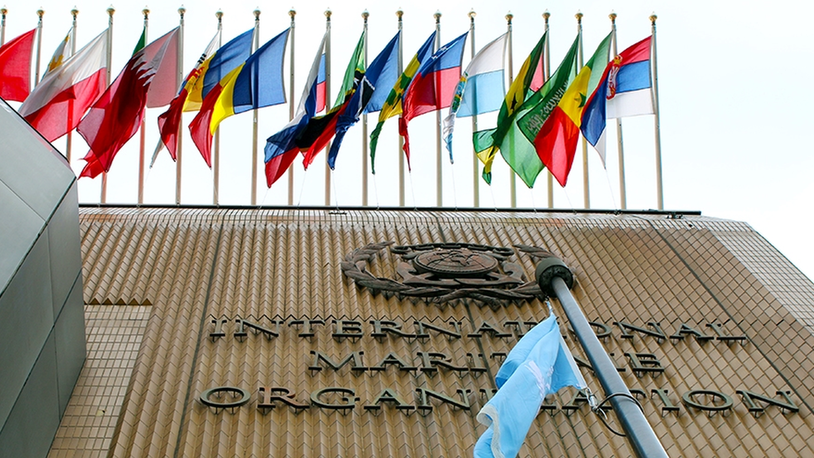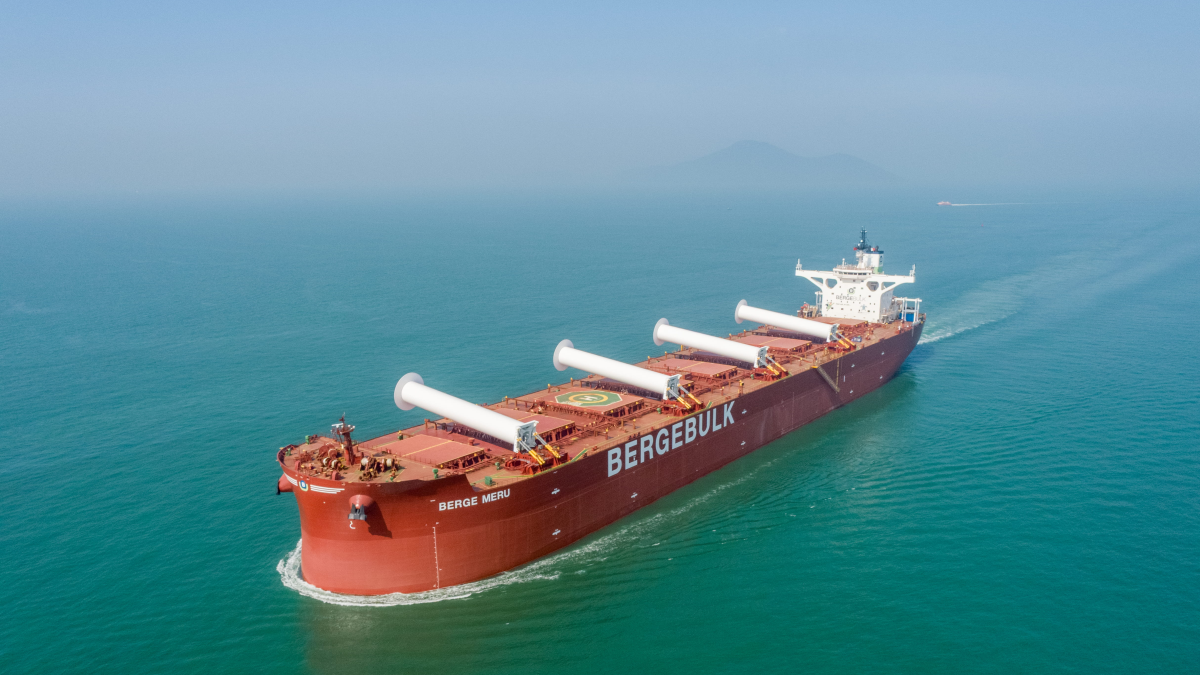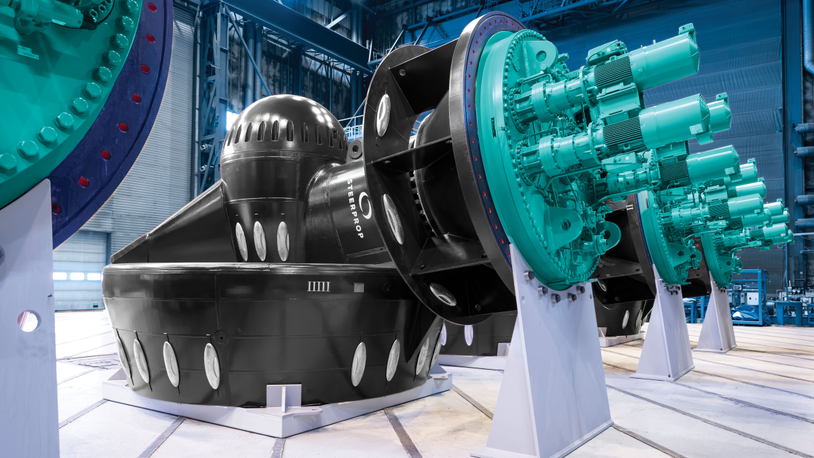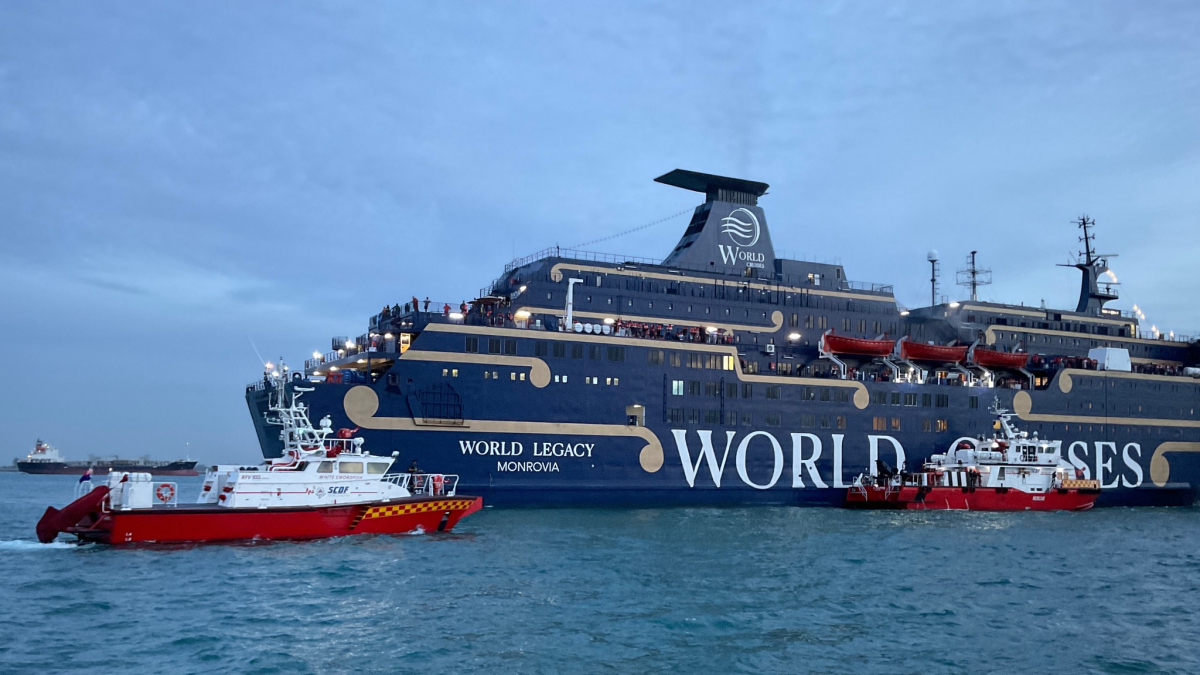Business Sectors
Events
Floating energy: successfully unlocking stranded gas using FLNGs and FSRUs
Contents
Register to read more articles.
Cruise industry eyes up fuel cells
Why fuel cells are emerging as a solution for the cruise industry
As the cruise sector faces increasing scrutiny over its environmental impact, particularly local emissions in port cities - the engineroom is long overdue for its own technological transformation. The time is now for cruise lines to channel their innovative spirit and skills into clean, quiet and efficient power solutions that match their reputation for unforgettable experiences.
Unlike other sectors in maritime, cruise ships are under constant public and regulatory scrutiny, especially when docked. Local pollution, particularly in port cities, is drawing increasing criticism from residents, regulators and even passengers. The question being asked more loudly than ever is, "Why are cruise ships still billowing black smoke into my city?"
The answer is an outdated reliance on diesel generators and auxiliary engines while moored. Historically dependable and cost-effective, these systems are now ill-suited for a world demanding cleaner, healthier air.
Plugging into the grid sounds like an obvious solution, but it’s far from straightforward. Shore power is often expensive and limited in capacity. What’s worse, is the fact that many national grids are still fossil-fuel dependent, shifting rather than solving the emissions problem.
Grid capacity constraints also mean ports often cannot accommodate multiple vessels plugged into onshore power simultaneously. Add to this the slow, bureaucratic nature of energy infrastructure expansion, and it is clear, relying solely on shore power is not enough.
Fuel cells are emerging as a clean, compact, quiet and highly efficient power source that offer a promising solution to the cruise industry’s emissions dilemma. Capable of running on hydrogen, methanol or even ammonia, fuel cells can replace diesel generator sets both on board and ashore.
For access to this full feature, please see Passenger Ship Technology Q3 2025
Stig Kallestad is business manager at PowerCell Group
Related to this Story
Events
Floating energy: successfully unlocking stranded gas using FLNGs and FSRUs
© 2024 Riviera Maritime Media Ltd.



